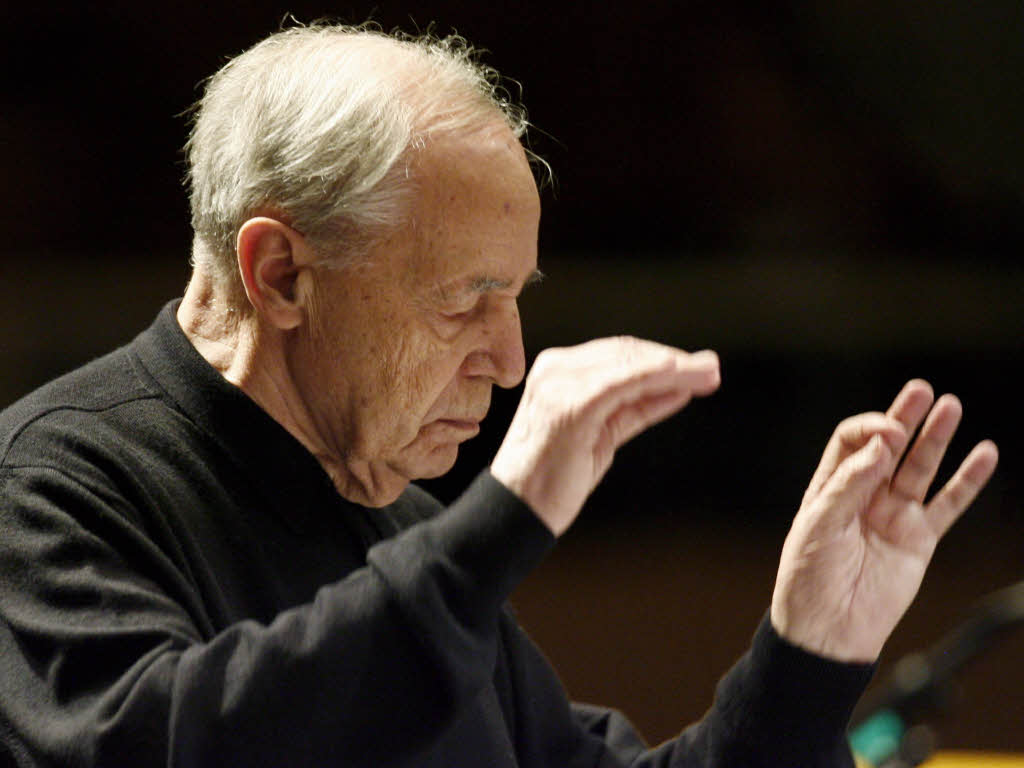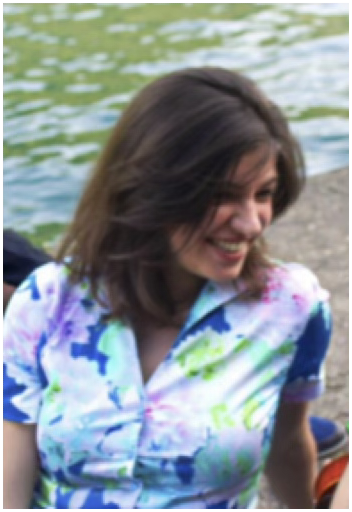"Individuality above all
Trained from an early age in classical, then jazz and other musical genres, Dieter Ammann meticulously forges his sound universe, combining rigor and imagination. His music is a reflection of his personality: dense, energetic and hard-hitting.

Dieter AmmannHow did you decide to go into composition as a musician?
There was no conscious decision. I grew up in a musical family, and from an early age I played music by ear with my father and brother. My father would play us something and we would reproduce it. It was the best ear training you could get. One day, I was asked if I wanted to compose an ensemble piece for a concert whose theme was: "Improvising musicians compose for the ensemble". I agreed, and this set off a veritable chain reaction. I received more and more requests, and by my thirties I had become, almost imperceptibly, a "full-time" composer. But to this day, writing music is still a sometimes painful detour for me. (smiles)
Together with Wolfgang Rihm, who readily defines you as "a pleasantly non-theoretical phenomenon", you have been co-directing the Lucerne Festival Academy's Composers' Seminar since 2017 What do you look for in young composers and
composers?
Individuality above all. I'm not looking for seminar participants to adhere to certain aesthetic positions, let alone my own. The main aim of the seminar is to generate a productive dialogue between participants with divergent aesthetic positions, and enable them to find and define their own language, developing what they have within them. Encouraging them to do so is therefore very important.
This year, the number of women composers taking part in the seminar is particularly high. Is this a deliberate choice in line with the festival's theme of diversity?
Wolfgang Rihm and I read and listened to the scores of over two hundred and fifty candidates, and we didn't for a moment stop to consider whether they were men or women. There are no gender quotas in the selection process. Only the music and artistic qualities count, but we don't just select the best compositions either. The choice is made for those who, in our opinion, could benefit most from the advice and exchanges offered by such a seminar. Diversity is obviously important, individuality even more so.
You often tell your students that "music is a matter of perception"...
Yes, by this I mean that composed (contemporary) classical music, i.e. art music, is supposed to be so multidimensional that each of us can actually perceive it multidimensionally, and therefore totally differently, depending on our relationship to harmony, symmetry, periodicity... This applies to listeners as well as composers. As composers, it's important to know what musical information we're giving listeners, and therefore to experience the result as a listener too. I think art music should be an object in which you can go back and forth to develop a new element.
Today, concert halls still give the impression of being reticent when it comes to programming works from the 20th and 21st centuries. The Lucerne Festival, on the other hand, takes a very different approach. Why is it important to play new music?
This question only arises in our time, which is an exceptional situation from the point of view of music history. For centuries, only contemporary music was played, sung, listened to and performed. That was the norm. I think it's important for performers, teachers and listeners to take an interest in what art has to say in their own lived present. A society that does not actively shape and receive its present probably has no future, because our actions here and now are part of tomorrow's tradition. Knowing, listening to and playing the music that's being made today is necessary, because it makes it come alive!
The Orchestre de la Suisse Romande recently performed "Boost" and "Glut" at musica viva in Munich, two major works that are part of your recording projects...
Yes, with the OSR we're recording an album containing orchestral works that already exist, but recorded for the first time under studio conditions. For me, composing doesn't mean producing as much music as possible, but writing music of such convincing quality that it can become part of tomorrow's repertoire. That's why the "reference recordings" made with the Schweizer Fonogramm label are so important to me. It's also nice to feel that everyone involved in the project wants to make the best possible contribution. Some of the works will be recorded at Geneva's Victoria Hall next summer. The album is scheduled for release in autumn 2023.
Your concerto "Gran Toccata celebrated its Swiss premiere this summer at the Lucerne Festival, and has enjoyed international success since its premiere at the 2019 BBC Proms. Welcomed as a revolutionary work, it is a real tour de force for both soloist and orchestra. How did the idea of composing a piano concerto come about?
The genesis of this work is closely linked to the soloist, Andreas Haefliger, who one day suggested that I write a piano concerto for him. I wasn't thrilled at first, because I knew it would take years of work. This is due to my way of working, which is both scrupulous and at the same time risky, as it is mainly based on artistic intuition, something that can hardly be forced. The resulting music is densely woven down to the smallest detail, highly energetic, and often in fast tempos. It unfolds in a single thirty-minute movement. As I consider the piano to be a small orchestra in itself, to which I have added a large orchestra, it was obvious that to realize my ideas for a concertante work of this kind would take a long time... A time that lasted three years. The rhythmic complexity, the high density of the piano and orchestral parts, and the close interweaving of the two parts do indeed demand great virtuosity from all the performers.
There are inspirations from Stravinsky, Messiaen, Reich... Which living composers particularly inspire you today?
When I include allusions to the music of other composers, it's never a conscious decision taken beforehand. In fact, I feel an affinity of material, even sonority, between what I'm writing and the music I want to refer to at a given moment. This only happens with composers whose music has a certain energetic kinship with mine, like Ligeti or my close friend Wolfgang Rihm. So it's not a question of somehow quoting music that's close to me. These subcutaneous links are much more elementary and cannot be "produced" intellectually.
In the score of your concerto, it is written: "May the fire of this music be seen as a beacon in the fight against climate change". How can contemporary music inspire action in this direction?
I'm rather pessimistic about this. Quality art, as a seismograph, is capable not only of recording and reproducing the moods and tremors of a society, or of clarifying them by exaggerating them, but perhaps also of anticipating them. In any case, art music can help the "active" listener to better perceive his or her own existence by sharpening the senses and broadening the aesthetic horizon. But for me, the question is a bit like that of which came first, the chicken or the egg. Perhaps audiences already possess the necessary sensitivity to existential questions, and are therefore also interested in contemporary music... I don't think you can "re-educate" people through art. And if you did, it would have the negative side-effect of opening the door to the abuse of art. Despite everything, I still hope that art can have a cathartic effect.
Some of today's geopolitical crises spill over into the sphere of classical music, sometimes even calling into question its neutrality. Are music and politics closely linked?
The artist's activity needs an audience, but he shouldn't just resort to this audience, which is made up of journalists, public institutions and so on. I think we also have a responsibility towards this public. Music and art in themselves can have an intrinsic value, totally independent of the underbelly of everyday politics. But the artist, as an exposed person, should not be able to shirk his political responsibility.
According to composer, performer and multi-instrumentalist Tyshawn Sorey, "composition is slow improvisation. Improvisation is accelerated composition". How do you approach this?
If I have an idea as an improviser, I play it. As a composer, I put it to the test, examine its origin and potential for development, load it structurally, transform it, derive it - in short, compose it. In a way, improvisation and composition are two different languages, each with its own specific strengths: the forces of the moment and (re)action versus the forces of planning or at least reflection. But the effects of music are not necessarily linked to the fact that it is composed or conceived in the moment. Boulez called my orchestral music "a synthesis of an apparently improvised habitus and meticulous care in elaboration", and coined the paradoxical concept of "artistically reflected spontaneity".








